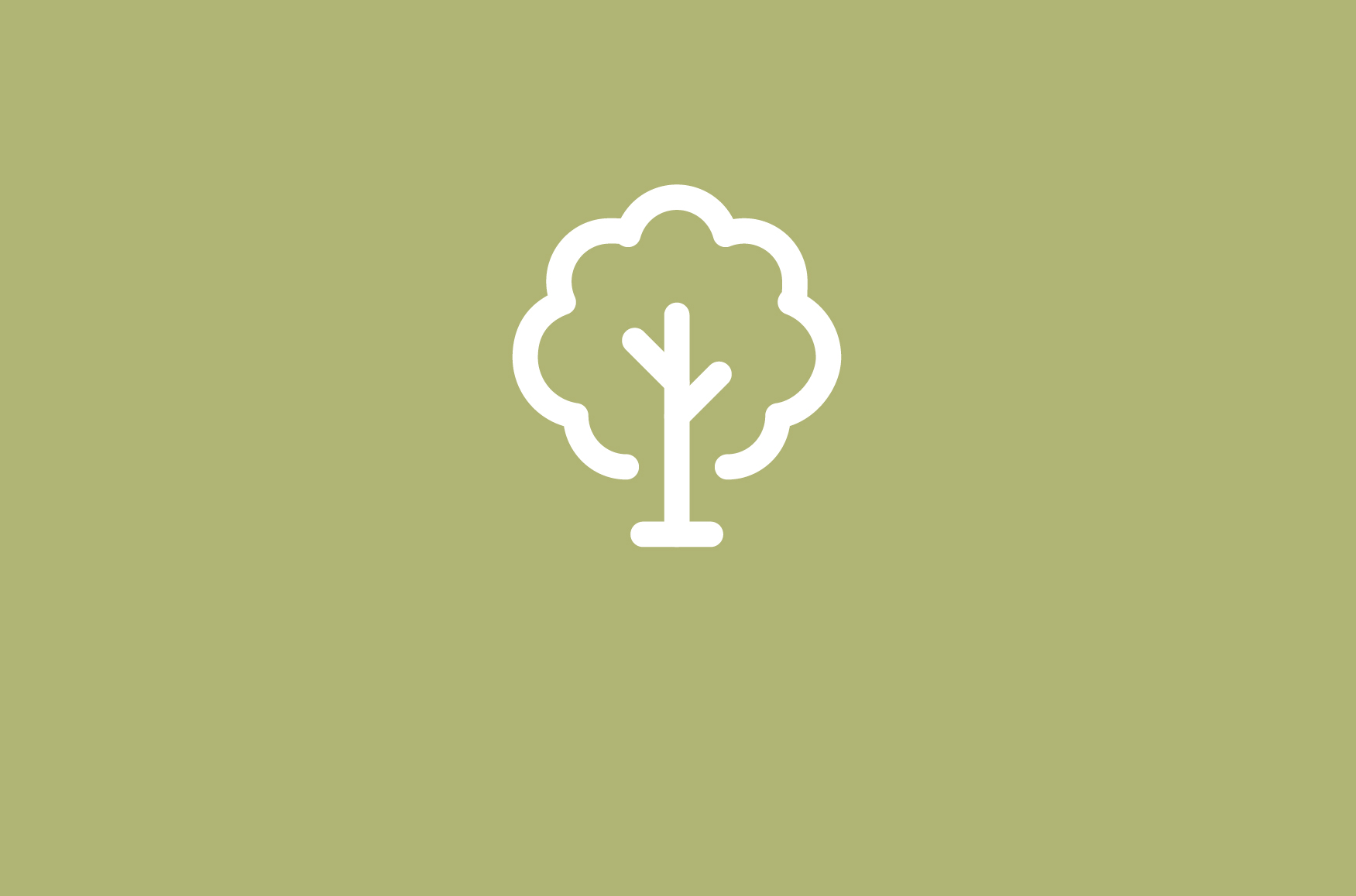1. Sustainable corporate governance // 2. Business model and business performance // 3. Social affairs // 4. Environment
1.1 About us
SQS assesses and certifies management systems, processes, and services. It was an international pioneer and remains the leading conformity assessment body (CAB) in Switzerland. Federal authorities and trade associations founded it in 1983 as the world's second CAB for quality assurance. Its mission was and remains to enable credibility and trust, thus facilitating cooperation between companies. SQS now has over 50 member organizations, including most of the relevant organizations in Swiss business, as well as other important players in public administration, academia, and civil society.
Over the decades, numerous additional topics have been added to quality, in particular environmental and energy management, occupational health and safety, information security and sustainable corporate governance. But the driving force has always remained the same:
Let the words be followed by deeds.
For sustainable entrepreneurship.
For a future worth to live in.
As an association, even though we are not a profit-oriented organisation: We think and act entrepreneurially because we finance ourselves exclusively through the sale of our services. We are fully exposed to market competition. As an «SME serving the Swiss SME economy», we also have a practice- and market-orientated understanding of norms and standards: they are never an end in themselves, but rather tools to contribute efficiently and effectively to solving common problems. This is why we are also involved in the development of new standards and train people and companies in how to use them.
Normative basics
SQS is an association headquartered in Zollikofen, Canton of Berne.
According to its statutes, which were last revised in 2023, it has the following mandate:
-
to promote Switzerland as a business location and the performance of the Swiss economy through the assessment and certification of management systems, products, processes and services as well as through the training and qualification of economic operators;
-
to provide independent auditing-, assessment-, inspection-, verification- and certification services in the regulated and non-regulated sectors and to ensure the widest possible recognition of their certificates and assessments;
-
to promote the economy through the provision of services in the field of sustainable corporate governance.
With this mandate, we combine the following mission, vision and values:
-
Mission: With auditing, evaluation, certification and training, we contribute significantly to the sustainable success of our clients.
-
Vision: SQS is recognised in the market as a premium partner for management systems of comprehensive quality and sustainable success.
-
Core values: Credibility, neutrality, independence, honesty and incorruptibility. We specify these basic values in our Code of Business Ethics.
SQS in sustainable development
In 2023, SQS joined the UN Global Compact, the world's largest initiative for responsible and sustainable corporate behaviour. We are thus committed to the ten principles of the Global Compact and to the Sustainable Development Goals of the United Nations 2030 Agenda. As a participant in the UN Global Compact, we will report, beginning from summer 2025, annually on our efforts and progress with regard to these principles and goals.
As early as 2022, we described our understanding of sustainable development and our role in it as follows:
Sustainable development enables all people to have a present and future worth living in. It allows us to fulfil our needs today without compromising the ability of future generations to meet their own needs.
Sustainable development ensures the material basis of life, justice in society and intact ecosystems. It strives to harmonise the economic, social and ecological dimensions of development. Conflicting goals are resolved in the knowledge that the economy serves the society and that society must develop within the so-called planetary boundaries.
We see ourselves as an organisation that implements and strengthens entrepreneurship for the benefit of sustainable development.
The United Nations 2030 Agenda recognises the potential and responsibility of business to contribute to the achievement of the 17 Sustainable Development Goals. For SQS, which supports over 9,000 companies and other organisations in the application of management standards and systems, this means that sustainable development requires sustainable corporate governance.
SQS has been contributing to sustainable corporate management since its foundation in 1983. It strengthens the performance of its clients in the economic, social and ecological areas by assessing them according to appropriate procedures or auditing and certifying them according to suitable regulations, and by providing them with practical and impact-orientated training. From the very beginning, SQS has applied a holistic and systemic management approach, as required by sustainable corporate governance.
As a human community and economic organisation, we are also focused on sustainability. Economically: We are a not-for-profit organisation constituted as an association (not a charitable non-profit organisation). Profits are the basis for our stability, development and performance as a service provider for third parties. Social: We are an open organisation that makes great efforts in the training and further education of employees as well as for safe and attractive working and pension conditions. Ecological: We work as environmentally friendly as possible, focussing on climate protection.
However, in the interests of continuous improvement, we are striving for more.
We want to apply sustainable corporate governance even more consistently internally and enable and promote it externally. We are expanding our existing claim to strengthen our clients' performance in one or more of the three sustainability dimensions. From the holistic and normative perspective of the Triple Bottom Line, we link the three dimensions in order to create harmonised goals and resolve conflicting objectives.
We make the same claim for ourselves as a community and organisation. This is the only way we can become a credible and effective player in the transformation of our economy and society and in shaping a future worth living in.
Governance
The organisation of the SQS is laid down in the Association's Statutes, and further governance aspects are set out in the Code of Business Ethics and the Regulations.
Panels and Organisation Chart
The strategic management of the SQS lies with the Board, the operational management with the Executive Management. The supreme body is the Members' General Meeting. The member organisations (currently 51) and the individual members (currently 9) are entitled to vote at this meeting. The members provide idealistic support for the mission and concerns of the SQS. New members are admitted by the Members' General Meeting at the request of the Board.
External persons and organisations can report their dissatisfaction with the activities and services of the SQS or an organisation certified by the SQS via the reporting portal on the SQS website. The Supervisory Committee is the highest decision-making panel in cases of dispute regarding the granting of SQS certificates.
SQS employees can submit complaints or other problems in accordance with the reporting procedure provided for in the Code of Business Ethics. The external neutral Supervisory Committee acts as the last point of contact if the other bodies - the line manager, the management and the HR department - are not suitable from the employee's point of view or do not handle the matter satisfactorily.
The advisory councils have an exclusively advisory function. The Economic Advisory Council promotes dialogue with the business community, but also with the scientific community and other areas of society. The Political Advisory Council promotes contact with decision-makers in administration and politics. It is therefore an important body that enables the SQS to fulfil its statutory mandate to represent its interests towards these stakeholder groups. The SQS acts independently of political parties, movements and associations. Responsibility for this representation of interests lies with the Public Affairs Committee, which is made up of two members of the Board and two members of the Executive Management.




